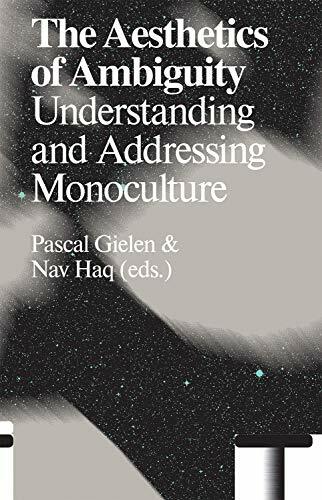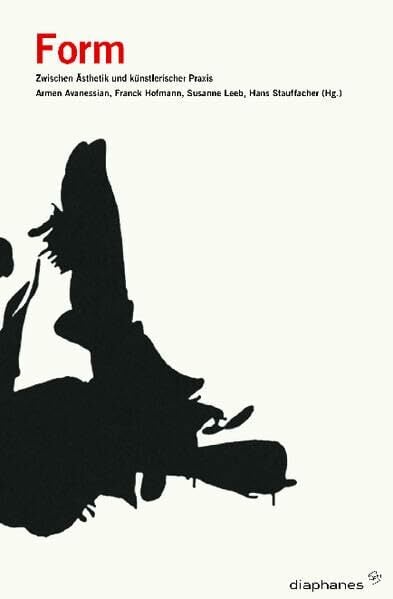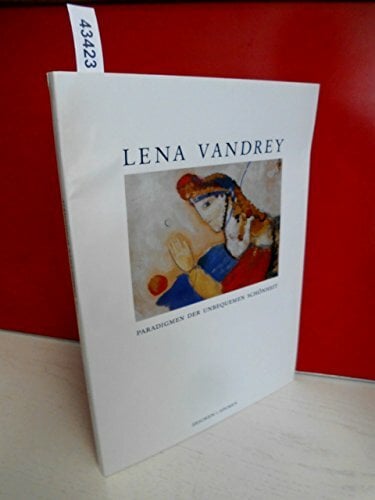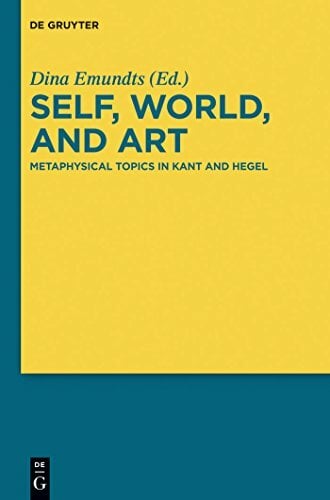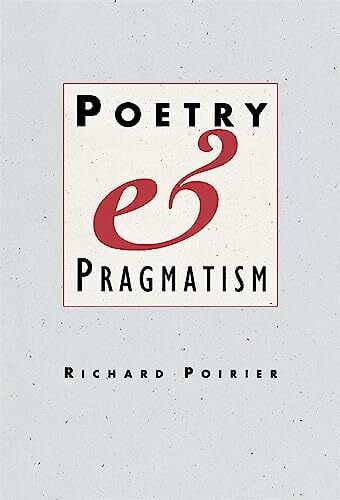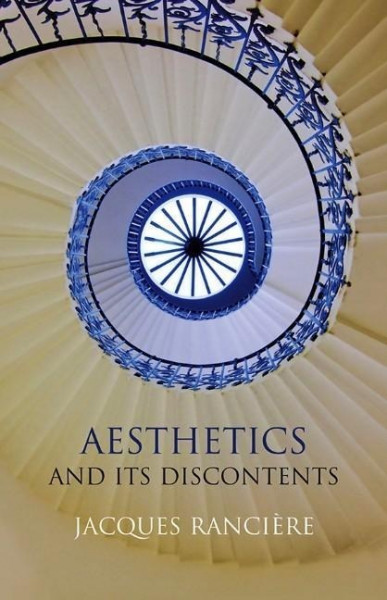
Aesthetics and Its Discontents
Kurzinformation
inkl. MwSt. Versandinformationen
Artikel zZt. nicht lieferbar
Artikel zZt. nicht lieferbar

Beschreibung
Translated by Steven Corcoran Only yesterday aesthetics stood accused of concealing cultural games of social distinction. Now it is considered a parasitic discourse from which artistic practices must be freed. But aesthetics is not a discourse. It is an historical regime of the identification of art. This regime is paradoxical, because it founds the autonomy of art only at the price of suppressing the boundaries separating its practices and its objects from those of everyday life and of making free aesthetic play into the promise of a new revolution. Aesthetics is not a politics by accident but in essence. But this politics operates in the unresolved tension between two opposed forms of politics: the first consists in transforming art into forms of collective life, the second in preserving from all forms of militant or commercial compromise the autonomy that makes it a promise of emancipation. This constitutive tension sheds light on the paradoxes and transformations of critical art. It also makes it possible to understand why today's calls to free art from aesthetics are misguided and lead to a smothering of both aesthetics and politics in ethics. von Ranciere, Jacques
Produktdetails

So garantieren wir Dir zu jeder Zeit Premiumqualität.
Über den Autor
Jacques Rancière, Emeritus Professor of Philosophy, University of Paris (St. Denis)

- Gebunden
- 298 Seiten
- Erschienen 2013
- De Gruyter Akademie Forschung
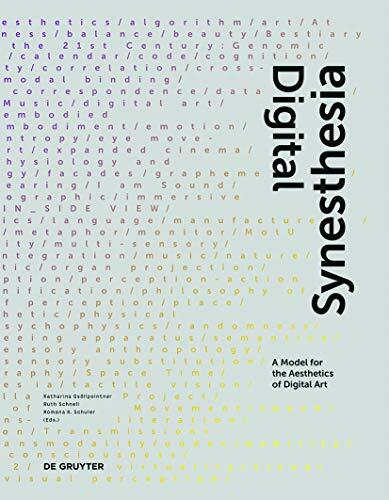
- Kartoniert
- 200 Seiten
- Erschienen 2016
- De Gruyter

- perfect
- 397 Seiten
- Erschienen 1991
- Passagen Verlag

- board_book
- 110 Seiten
- Erschienen 1997
- Klett- Cotta

- paperback
- 216 Seiten
- Erschienen 2024
- Hirmer

- Kartoniert
- 1396 Seiten
- Erschienen 2009
- Meiner, F
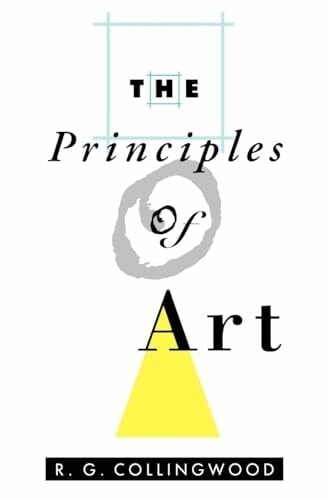
- paperback
- 366 Seiten
- Erschienen 1958
- Oxford University Press, U....

- board_book
- 110 Seiten
- Erschienen 1997
- Klett- Cotta







